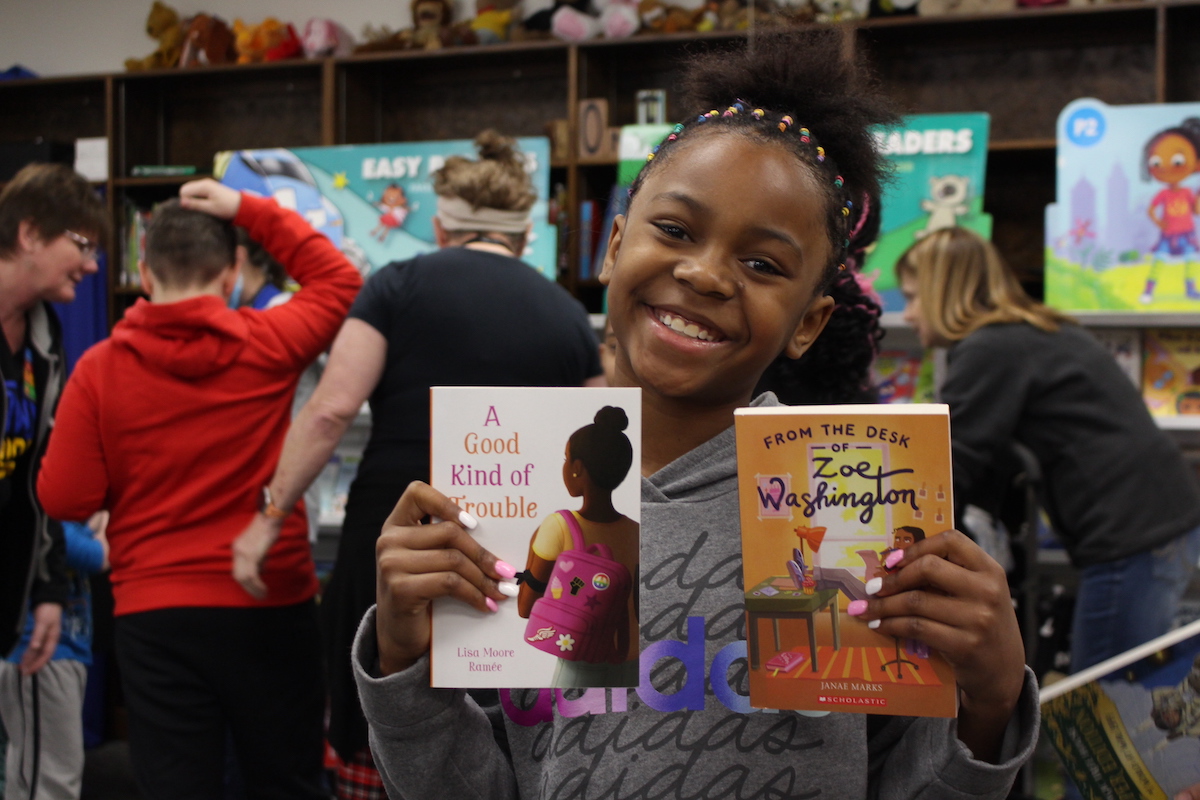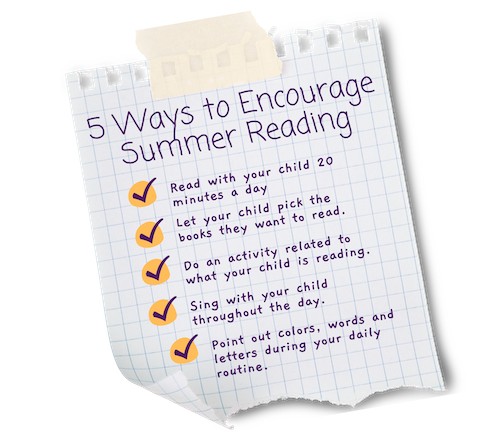‘They’re just having fun’

Building children’s reading skills during the summer is about infusing literacy throughout their activities
During her career as a music teacher in the Dubuque public schools, Sue Flogel worked with her fellow teachers to incorporate books being taught in the classroom into her music lessons.
Today, as the Bell Tower Theater’s artistic associate, she is continuing to foster children’s literacy in the summer musical theater program she leads.
“Combining literacy and reading with theater and music is something I am extremely passionate about,” Flogel says.
Through a partnership between Bell Tower and the Dubuque YMCA, Flogel is bringing her class to children ages 5 through 10 this summer at the Y.
Let’s read together
Both Bell Tower and the YMCA also are partners in the Community Foundation of Greater Dubuque’s Every Child Reads initiative, which aims to boost reading proficiency by third grade, a key predictor of high school graduation. This summer, Every Child Reads kicked off a new effort to achieve this goal by bringing books and literacy activities to students enrolled in a variety of summer programs — including programs that traditionally don’t have an academic focus.
Working with representatives from Iowa State University Extension and Outreach and the Carnegie-Stout Public Library, the Community Foundation has helped summer programs in Dubuque — reaching more than 500 children — infuse literacy into their existing curricula. To do this, program leaders receive three free books per enrolled child and expert guidance on building strategies that incorporate the books into their activities. Children also receive a reading journal, colored pencils and a reading tote bag.
This program comes at a time when building literacy skills is more important than ever. The effects of the pandemic, such as remote learning, were detrimental to children’s school success, and at the end of this past school year, third-grade reading proficiency among Dubuque public school students had only modestly rebounded. Today, nearly half of third-graders in the district are not proficient in reading.

Overcoming the summer slide
Historically, summer is a time when many students experience a regression in their academic skills, which is why the new Every Child Reads effort is so important this year. When students can maintain their reading proficiency while school is closed, they can begin the next school year without having to get back up to speed.
In Flogel’s class, for instance, children receive musical theater education with a dash of literacy mixed into the curriculum. One week focused on fairy tales. Another incorporated Pete the Cat books, and students learned the “Cool Cat Boogie,” a dance from one of the stories. The latest lesson focused on the Wild West. Children wrote new lyrics to the tune of “She’ll Be Coming ‘Round the Mountain” and learned an old western folk song.
“They are picking up skills and learning in a different way,” Flogel says. “It’s about creating learning experiences with music.”
Reading everywhere
Summer programs aren’t the only places where literacy can be incorporated into existing activities. Stores, medical clinics, laundromats and other places families visit can set up reading stations where children can spend a few minutes with a book.
Homes are among the most important places to build reading skills, while parents and guardians are among the most effective teachers. Numerous studies identify the benefits of spending 20 minutes a day reading with a child, from increased academic achievement to better brain health. With the free books summer program attendees receive, the Every Child Reads summer reading effort is helping children build home libraries and support positive adult-child reading habits.
The key to supporting literacy during the summer, though, is making reading feel less like studying and more like an engaging activity. It’s the approach Flogel takes when incorporating reading into her musical theater class.
“The children don’t realize they are learning,” she says. “They’re just having fun.”